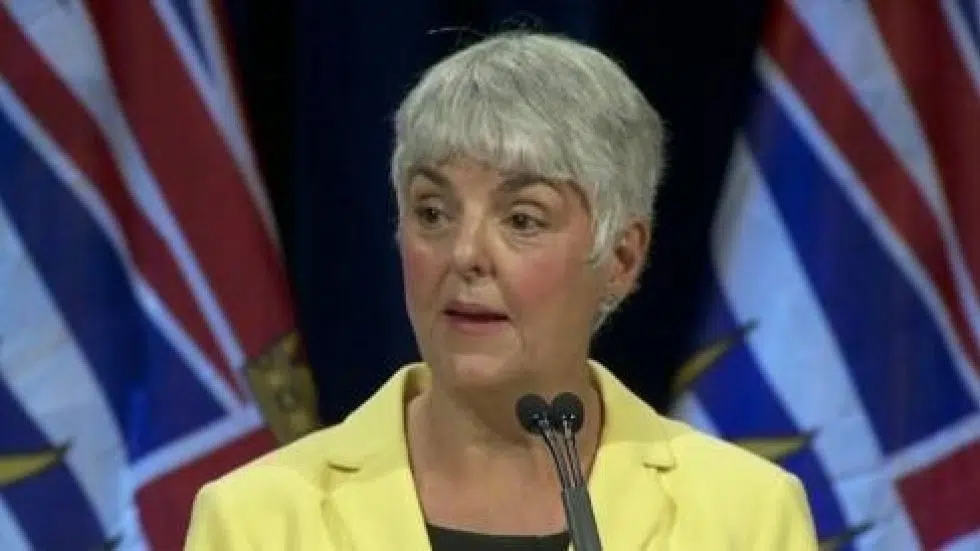
B.C. government exempting vacation homes from speculation tax
VICTORIA — The B.C. government will be exempting vacation homes from the speculation tax that comes into effect this year. Finance Minister Carole James says she has heard the concerns of British Columbians and has decided to exempt homes in remote areas and that are on smaller islands in and around the Capital Regional District.
“Ninety nine per cent of British Columbians will not pay the tax,” said James. “The speculation tax focuses on people who are treating our housing market like a stock market. So people in smaller communities, those with cottages at the lake or on the islands, will not pay this tax.”
“If there was one issue that has dominated the conversations that I, our government and all British Columbians have been having it is the issue of housing of affordability. It’s a crisis for British Columbians.”
The government announced on Monday that it will change the rate of the tax. Those living outside of Canada and not paying taxes here will pay two per cent on the assessed value of their home starting in 2019 if the property remains empty. Canadians that do not live in British Columbia will pay a tax of one per cent starting next year. British Columbians that own multiple homes, and keep them empty, will pay 0.5 per cent tax.


